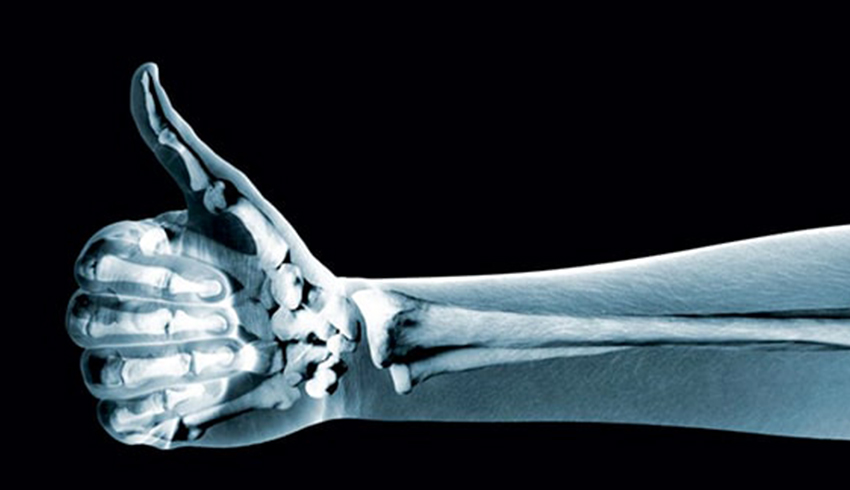- Empty cart.
- Continue Shopping
The Importance of Regular Bone Density Tests for Men

Bone density tests, often associated with women and osteoporosis, are frequently overlooked when it comes to men’s health. However, the importance of these tests extends to both genders, especially as we age. For men, understanding bone density can provide crucial insights into overall health and the risk of fractures or other bone-related issues.
Why Bone Density Tests are Crucial for Men
Early Detection of Osteoporosis
While osteoporosis is more common in women, men are not immune to it. Early detection through bone density tests can help in implementing preventive measures.
Fracture Risk Assessment
Low bone density increases the risk of fractures, which can have severe consequences, especially in older adults. Knowing your bone density can help you take steps to strengthen your bones and reduce fracture risks.
Monitoring Other Health Conditions
Certain conditions and medications can affect bone density. Regular testing can help monitor the impact of these factors and allow for timely interventions.
Baseline for Future Comparison
Getting a bone density test provides a baseline measurement that can be useful for future comparisons, helping healthcare providers to track changes over time.
Risk Factors for Low Bone Density in Men
Age
Bone density naturally decreases as we age. Men over 50 are at a higher risk of developing low bone density.
Family History
Genetics play a significant role in bone health. A family history of osteoporosis or fractures could indicate a higher risk.
Lifestyle Choices
Factors like low physical activity, poor diet, and smoking can contribute to low bone density.
Medical Conditions and Medications
Certain medical conditions like prostate cancer and medications like corticosteroids can adversely affect bone density.
Preventive Measures
Regular Exercise
Weight-bearing exercises like walking, jogging, and strength training can help improve bone density.
Balanced Diet
A diet rich in calcium and vitamin D is essential for bone health. Dairy products, leafy greens, and fortified foods are good sources.
Lifestyle Changes
Quitting smoking and limiting alcohol consumption can have a positive impact on your bone density.
Medication
In some cases, medication like bisphosphonates may be prescribed to strengthen bones.
In conclusion, regular bone density tests are not just for women; they are a crucial aspect of men’s healthcare as well. These tests can provide early detection of osteoporosis, assess fracture risk, and offer valuable insights into overall health. Risk factors like age, family history, lifestyle choices, and certain medical conditions make it even more essential for men to consider regular testing. By taking preventive measures such as regular exercise, a balanced diet, lifestyle changes, and medication when necessary, men can proactively manage their bone health. So, if you’re a man over 50 or have other risk factors, consider making bone density tests a regular part of your healthcare routine.








